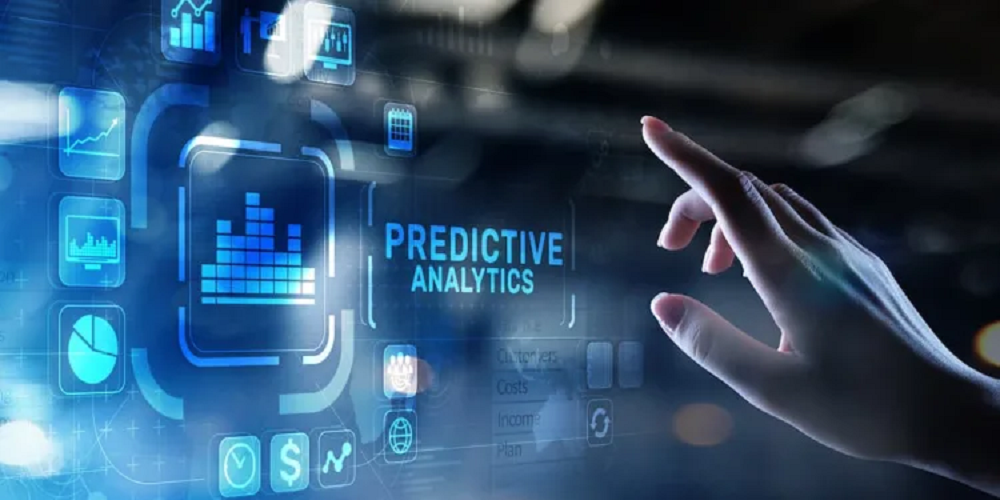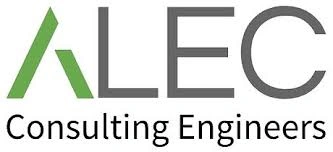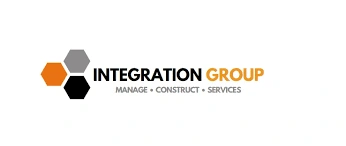
The construction industry, often characterized by its conventional methods and slow adoption of technological advancements, is experiencing a significant transformation propelled by Artificial Intelligence (AI). In particular, AI-driven predictive analytics and maintenance are revolutionizing how construction projects are planned, executed, and maintained. With the potential to enhance efficiency, reduce costs, and improve safety, AI is becoming an indispensable tool in the construction sector.
Predictive analytics, a branch of AI, involves analyzing historical and real-time data to forecast future outcomes. In construction, this technology is being leveraged to anticipate project delays, budget overruns, and equipment failures. By examining patterns in data such as weather conditions, worker productivity, and material availability, AI algorithms can provide valuable insights that enable project managers to make proactive decisions and mitigate risks.
One of the critical applications of predictive analytics in construction is project scheduling. Traditional methods of scheduling often rely on manual input and are prone to errors and delays. AI algorithms, however, can analyze vast amounts of data to generate accurate schedules, taking into account various factors such as resource availability, site conditions, and regulatory requirements. This enables construction companies to optimize their timelines, allocate resources efficiently, and deliver projects on time and within budget.
Moreover, AI-powered predictive maintenance is transforming how construction equipment is managed and maintained. Equipment downtime can result in significant losses for construction projects, leading to delays and increased costs. By utilizing sensors and IoT devices, AI systems can monitor the condition of equipment in real time and predict potential failures before they occur. This proactive approach allows construction companies to schedule maintenance activities at optimal times, minimizing downtime and maximizing productivity.
For example, imagine a construction site where AI-equipped machinery continuously monitors its own performance metrics. If the system detects any anomalies or signs of wear and tear, it automatically alerts maintenance crews to take preventive action. By addressing issues before they escalate into costly breakdowns, construction companies can ensure that projects progress smoothly and without interruption.
Furthermore, AI-driven predictive analytics can enhance safety on construction sites by identifying potential hazards and risks. By analyzing historical accident data, weather patterns, and site conditions, AI algorithms can identify high-risk areas and provide recommendations to mitigate hazards. This proactive approach not only protects workers from injuries but also helps construction companies avoid costly legal liabilities and project delays.
Despite the numerous benefits of AI for predictive analytics and maintenance in construction, there are challenges that need to be addressed. Data quality and availability remain significant hurdles, as construction projects generate vast amounts of data from diverse sources, which must be standardized and integrated for effective analysis. Additionally, there are concerns about privacy and security, especially when it comes to collecting and storing sensitive data from construction sites.
AI-driven predictive analytics and maintenance are revolutionizing the construction industry by enabling proactive decision-making, optimizing resource utilization, and enhancing safety. As construction companies continue to embrace AI technologies, they stand to benefit from increased efficiency, reduced costs, and improved project outcomes. By leveraging the power of AI, the construction industry is poised to enter a new era of innovation and growth.
Testimonials
Thank you for all your efforts on our projects; they have been an invaluable contribution to their success. We look forward to working with you on future projects.
Ian Ferguson MPM Group
Jess and Karl at Draftech were amazing. The communication from the start was prompt, and the entire process was extremely easy. We needed their knowledge on Air Schematics, and they had made one up for our buildings that we service. Thanks so much, and we will be using you guys in the future. Cheers, Air Control Australia.
Greg Colebrook AirControl Australia
With Draftech’s thorough understanding of building services modelling and close attention to detail, Forth has been afforded the opportunity to outsource some of our BIM projects with absolute confidence in the accuracy of the final product.
Gary Murdoch Forth Consulting
Very professional and efficient organization. Delivered a great product to a tight deadline.
ACE Power
Karl and the team are very professional and have a vast knowledge of BIM coordination.
Dwayne Willaims Babinda Electrics
We had multiple large projects with tight deadlines and needed a company we could trust. The teams delivery, attention to detail and understanding of what is being designed is always executed to a high standard.
Martin O’Donovan Envar Engineers
Draftech offered a flexible and reliable approach to working collaboratively with our team. They met our expectations and quality requirements and also offered up new ideas.
Draftech have proven to be a valuable and trustworthy resource and we will continue to work with Draftech on other projects.
Simon Marsden Umow Lai
Draftech is different from others in the professionalism and features they provide.
The ability to walk through projects in real time online provides invaluable insight into problem areas and helps provide an efficient resolution on the spot without many phone calls, emails and the necessity for us to paw through countless drawings to understand the issues.
Todd Morris Manager - Air mech
Draftech were put forward to FIP Electrical as the solution to Coordinate, Model, carry out clash detection, provide Electrical Services Shop Drawings, as built documentation and completed electrical model.
Simon Thorpe FIP Electrical
In close collaboration Draftech set up all our systems and model deliverables. In this process Draftech have proven to be a valuable resource for us and demonstrated commitment, understanding and professionalism.
David Skelley DJCoalition
Draftech’s attention to detail and proactive nature throughout the project assisted us in identifying issues before becoming evident on site, saving us both time and unexpected costs.
Matt Payne PJM Engineering Services
They delivered very high quality Revit models and associated 2D documentation at key milestones, working to a tight budget and in strict accordance with the Architects’ BIM requirements.
Peter Thomas Geoff Hesford
We found Draftech’s work to be of high standard and the team delivered exactly as agreed, in fact, when we considered the project complete, Draftech put further resources into the project as they were not satisfied.
John Johnson Beca
Engaging Draftech during design gave us the tools to make smart decisions.
Hansen Yuncken Design Manager - Michael Harkins
The drafting service is timely, reliable and fit for purpose for the built environment.
Peter Harvey Harvey Industries
Draftech stands apart from other drafting services that we have previously used in their attention to detail and ability to adapt to the individual client’s requirements.
Doug Holt McCaig Aircon
I can confidently recommend Draftech as a solid and reliable supplier, and experts in their field. I look forward to working with them again in the near future.
Chris Behan Norman Disney & Young
After seeing the benefits Draftech provided us on the Townsville Hospital Redevelopment we have set up a relationship with Draftech and intend to continue to use their BIM knowledge and skills for our future projects.
Brad Lund Energy Power Systems
Draftech has no competition as they are in a class of their own.
John Boyes Babinda Electrics
Draftech Developments Drafting and Design Capabilities, in conjunction with their outstanding level of Client service and support has provided great solutions to our engineering and Drafting Design portions within our Gorgon Barrow Island Project.
Aaron Hazelton Applied Electro Systems Pty Ltd
Draftech set up necessary systems and workflows very quickly, but also setup auditable estimating and weekly cost tracking processes that we utilised, requiring little maintenance.
TOM PURDON MPM GROUP
































